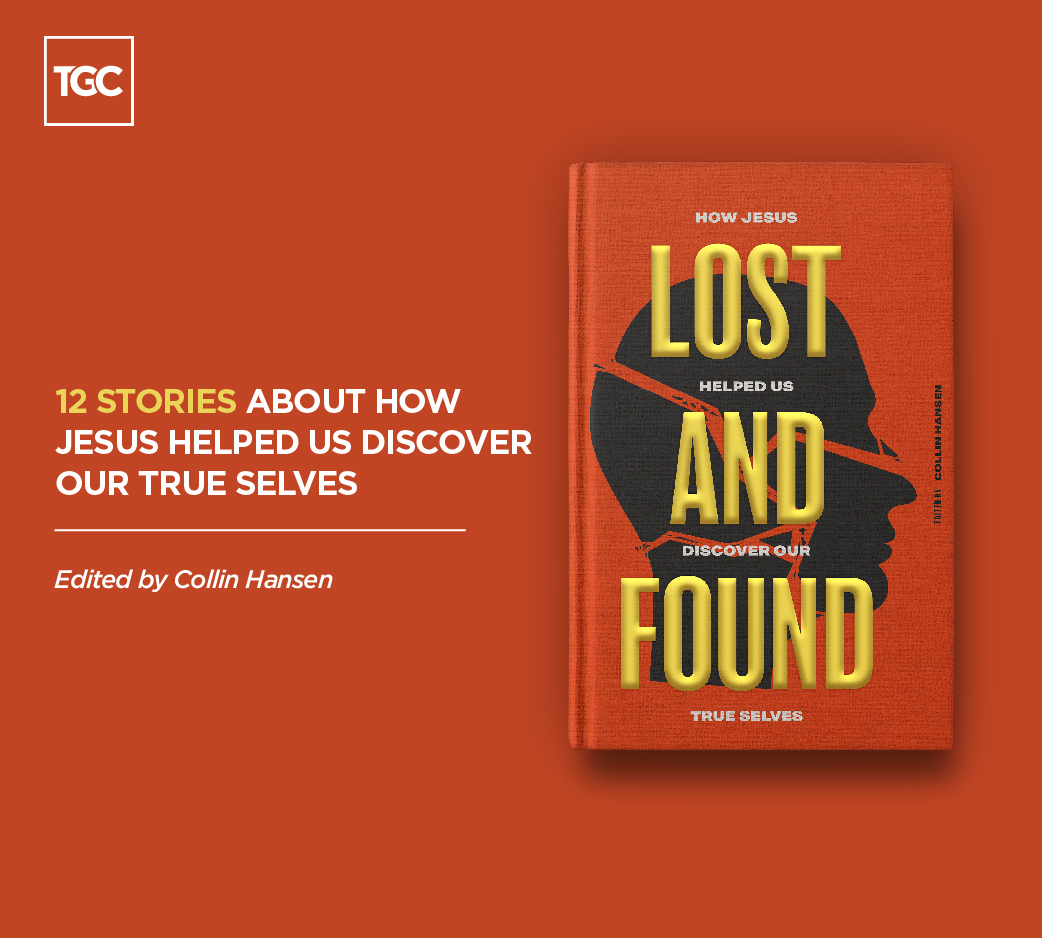What do you want to be when you grow up? We’re asked this question often as children. My answer changed from “Firefighter!” (4 years old) to “The world’s greatest female soccer player!” (10 years old) to “A successful businesswoman with an office overlooking downtown” (teenager).
Perhaps a helpful follow-up question would have been, “Why do you want to be that when you grow up?” I don’t think it was a passion to save people from burning buildings, to train and play game after game, or to propel a business into success. It was the idea of appearing great to others, receiving praise, being in charge. Plain and simple: I wanted the glory, the honor, the power.
I grew up blissfully unaware of my insatiable appetite for status. I just wanted to be great and recognized for it. So I excelled in academics. I soared in athletics. I learned how to make people laugh. As one of the few black girls in my private school, I definitely wasn’t considered the prettiest. But I figured out how to be popular.
But I wasn’t satisfied. I wanted to be my friends who were even more athletic, more successful, more popular. My inferiority complex haunted me. I wasn’t satisfied with status, but I dared not admit it. Could life offer something more?
My First Taste of Freedom
I couldn’t answer until I met a girl in my junior-year English class who seemed to possess what I didn’t: peace, joy, and love. We ended up playing on the same volleyball team that year. As I spent time with her and her family, I witnessed their freedom from the tyranny of trying to seem impressive. They loved freely. I wasn’t the successful student-athlete when I visited their house. I was just Quina, beloved friend. I wanted whatever they had.
Soon enough, I learned this freedom could only come through a relationship with Jesus. My friend showed me what the Bible said about me: I was alienated from a perfect God by my sin. I was created to know and love God, giving him the glory and credit in all I do. He alone could satisfy my deepest longings to be known and loved. But I had settled for the praise of people, and I had come up empty.
I cast my life—all of my sin and all of my need—on Jesus, and I knew I wanted to live a life of service to him. I took my first sip of satisfying, living water.
It finally became clear to me I couldn’t even impress God with my attempts at being moral and virtuous. How could I conjure up some sort of holiness to impress the Holy One? I needed him to rescue me from my sin. God let me feel the vacancy in my soul despite my attempts to fill it with worldly acclaim. That emptiness was the alarm that jerked my eyes open to see my desperate need.
My friend pointed me to the God who became a man, who died for me just so I could be his child. What amazing love! I cast my life—all of my sin and all of my need—on Jesus, and I knew I wanted to live a life of service to him. I took my first sip of satisfying, living water.
Unspoken Expectations
Fast forward to my first year after college. I was unemployed. I had no car. I was confused. I had focused much of the past four years on (imperfectly) sharing the good news about Jesus, leading and attending Bible studies, and seeking to serve others while making disciples of Jesus. It’s not like I did all of this to the neglect of my studies. I graduated with a near-perfect GPA. But my friends got salaried jobs immediately after graduation. What had I done wrong?
What happens when following Jesus doesn’t lead us where we expected to be? How do we cope when following Jesus doesn’t seem as rewarding as we thought it would?
I had been taught that following Jesus meant suffering in various ways. I knew intellectually that trusting him didn’t keep me from trials. When I first began growing in my faith, I often said rather boldly, like James and John: “I will suffer for you, Jesus! I’ll die for you!” Yet here I was with a dull diploma and deep debt, doubting the goodness of God. I kept wondering, What did I do wrong? Why isn’t God blessing me like he’s blessing my friends? I was asking the wrong questions.
What I truly needed to ask was this: Who is this Jesus I said I’d follow, and what does it really mean to follow him?
Who Is This Son of Man?
And that’s what Jesus intended to teach me. He clarified what true greatness is and how it’s achieved. True greatness is a lifestyle of serving others over yourself. This is what it means to follow Jesus.
Jesus trod the path of pain first. He told his disciples they must focus on sacrificial service to others, not just because he said so, but because he would do so. They must serve “even as the Son of Man came not to be served but to serve, and to give his life as a ransom for many” (Matt. 20:28). When Jesus tells his disciples, “Follow me,” he goes first.
There’s no station in life so small that God can’t use it for his glory if my aim is to serve him as I serve others.
Jesus would embody his own teaching when he got to Jerusalem. He had already revealed to his disciples that he must go to Jerusalem to suffer, be killed, and be raised on the third day. But a suffering Christ wasn’t the King they were expecting.
Perhaps this is why Jesus so often called himself the “Son of Man.” With this title, Jesus could clarify his identity and mission (Dan. 7:13–14). Yes, the Son of Man was the promised King, but this meant that he must first become God’s suffering servant, as the prophet Isaiah foretold (Isa. 53).
The glory and honor of the Messiah would be most fully displayed after he accomplished the humiliating, excruciating task of paying for sins with his own life. He would be humbled before he would be exalted (Phil. 2:5–11). The cross would come before the crown, even—especially—for the Christ.
His resurrection on the third day proved that Jesus truly is “the Christ, the Son of the living God” (Matt. 16:16) who paid our sin debt in full. All who put their trust in this Son of Man find freedom that no amount of money, political power, or fame can buy.
Way Up
Jesus’s disciples eventually grasped the paradoxical character of his kingdom. Little by little, I think I’m getting there too. After about six months of post-college unemployment, I landed an administrative job at a hospital. This wasn’t my dream job by any stretch of the imagination. I’ve never had any burning desire to work on schedules and spreadsheets in a small room tucked behind the ER. But as I worked an unglamorous job behind the scenes for three years, Jesus continued to teach me that true satisfaction will never come from recognition or the praise of people. He showed me there’s no station in life so small that God can’t use it for his glory if my aim is to serve him as I serve others.
The humble will be exalted. The way up is down.
I now see that while I was asking “What did I do wrong?” and “Why is this happening?” Jesus was graciously calling me into that same huddle with his disciples to answer far greater questions: “Who is this Son of Man?” and “What does it mean to be great?”
If we want the work of our hands to endure, if we want the labor of our lives to be praised, if we want the glory that comes from God, then we must follow our Savior’s example of sacrificial service. He calls his followers to pursue faithfulness over fame, devotion over dominance, sacrifice over status. The humble will be exalted. The way up is down.
This is an adapted excerpt from Lost and Found: How Jesus Helped Us Discover Our True Selves (The Gospel Coalition, 2019), edited by Collin Hansen.
Is there enough evidence for us to believe the Gospels?
 In an age of faith deconstruction and skepticism about the Bible’s authority, it’s common to hear claims that the Gospels are unreliable propaganda. And if the Gospels are shown to be historically unreliable, the whole foundation of Christianity begins to crumble.
In an age of faith deconstruction and skepticism about the Bible’s authority, it’s common to hear claims that the Gospels are unreliable propaganda. And if the Gospels are shown to be historically unreliable, the whole foundation of Christianity begins to crumble.




































